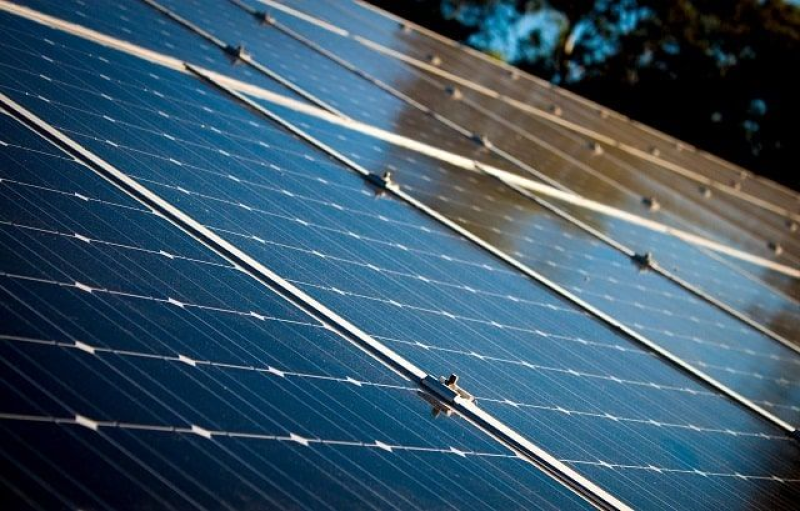- Joint forces' drive for 'silent zone' around Airport: 94 cases filed |
- Al-Arafah Islami Bank to suspend all services for 9 days starting Jan 30 |
- Bangladesh GDP to Grow 5% in 2026 Amid Rising Price Pressures |
- Thousands Rally at Chattogram Polo Ground Ahead of Polls |
- Gas Shortages Hit Households as Prices Soar in Dhaka |
High Solar Import Taxes Hinder Apparel’s Green Shift

Bangladesh’s apparel industry is eager to expand rooftop solar power, but entrepreneurs say steep import taxes are inflating installation costs and slowing adoption. Wider use of solar could save the government around Tk2,500 crore annually in primary fuel imports.
The country’s largest export sector is under pressure to cut carbon emissions to maintain global competitiveness, while the government has pledged to raise renewable energy’s share of power generation to 20% by 2030, up from about 5% now.
However, high import duties on solar equipment make installation costs 30–50% higher than in neighbouring India. Entrepreneurs note that while panels and inverters are taxed at 1%, many other components—about half the total system cost—face duties as high as 62% to 77%.
Industry leaders warn that these tariffs raise installation costs by roughly one-third. “We are saving foreign currency by generating electricity through solar, so the government should provide subsidies,” said Fazlee Shamim Ehsan, managing director of Fatullah Fashions Limited.
Although the central bank has created a low-interest green fund, investors complain of limited financing and procedural hurdles. Meanwhile, private power producers using fossil fuels enjoy broad tax exemptions, a benefit not extended to renewable users.
Companies like NZ Textile and Rising Group have already installed several megawatts of solar capacity but report costs up to 50% higher than in India due to import taxes. According to the Bangladesh Textile Mills Association, around 40 spinning mills have installed panels, generating about 50 MW, but potential rooftop space in the sector could support 2,000 MW—meeting 20% of its demand.
Industry leaders argue that waiving import duties would not only lower costs but also help Bangladesh retain access to key export markets such as the EU, where strict carbon regulations are being rolled out.
Government officials, however, say exemptions risk misuse and could hurt local manufacturers. Some industry representatives counter that most taxed components are not yet made in Bangladesh or fail to meet international standards.
Entrepreneurs propose safeguards, such as certification requirements, instead of blanket high tariffs. They stress that supporting solar adoption in the apparel sector would ultimately save foreign exchange, cut reliance on fuel imports, and help Bangladesh meet its climate commitments.

